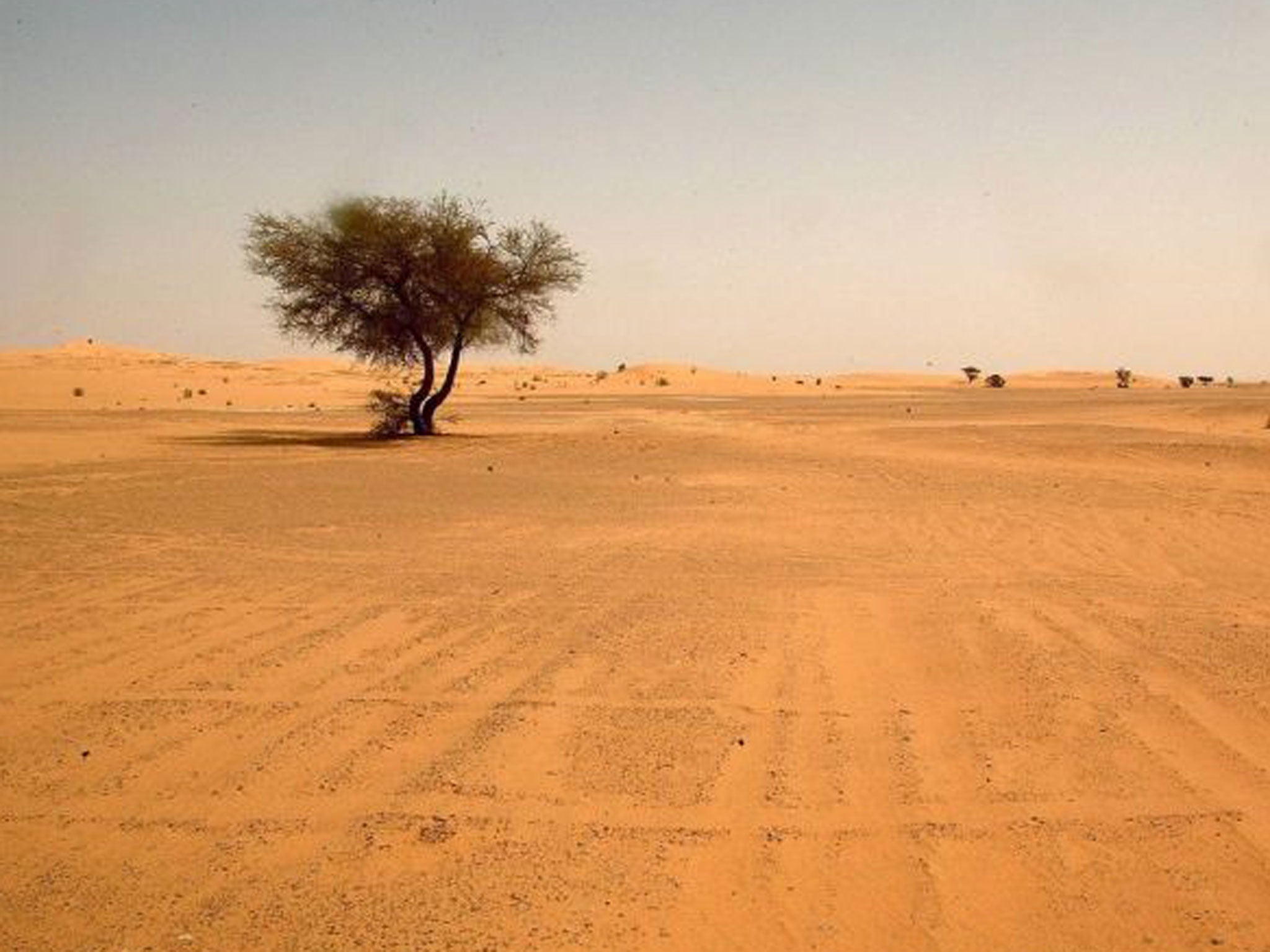Scores of Niger migrants die of thirst trying to cross Sahara
The victims include 52 children and 33 women who died when their vehicles broke down

Your support helps us to tell the story
From reproductive rights to climate change to Big Tech, The Independent is on the ground when the story is developing. Whether it's investigating the financials of Elon Musk's pro-Trump PAC or producing our latest documentary, 'The A Word', which shines a light on the American women fighting for reproductive rights, we know how important it is to parse out the facts from the messaging.
At such a critical moment in US history, we need reporters on the ground. Your donation allows us to keep sending journalists to speak to both sides of the story.
The Independent is trusted by Americans across the entire political spectrum. And unlike many other quality news outlets, we choose not to lock Americans out of our reporting and analysis with paywalls. We believe quality journalism should be available to everyone, paid for by those who can afford it.
Your support makes all the difference.Rescuers have found the bodies of 92 migrants, including 52 children, strewn across the Sahara in northern Niger after their vehicles broke down and they died of thirst, authorities have confirmed. Almoustapha Alhacen, a rescue worker, said the bodies of the children, along with 33 women and seven men from Niger, were found on the route from the northern mining town of Arlit to the Algerian border.
Many were in an advanced state of decomposition and were partly devoured by animals, probably jackals, he said.
Northern Niger lies on a major corridor for illegal migration and people-trafficking from sub-Saharan Africa into North Africa and across the Mediterranean into Europe. Most of those who make the perilous journey on ancient open-topped trucks are young African men in search of work.
Rescuers said the doomed convoy of women and children was puzzling. “It’s the first time I’ve seen anything like it,” Mr Alhacen told Reuters by telephone from Arlit. “It is hard to understand what these women and children were doing there.”
Rescuers found many writing slates in the luggage, suggesting the children may have been students in an Islamic school being taken to Algeria, perhaps to beg, Mr Alhacen said.
Of the original group, 19 had reached Algeria by foot and were repatriated to Niger by authorities there, he said. Two also survived after walking many miles across the desert back to Arlit. The bodies of 87 of the victims were buried on Wednesday in accordance with Islamic custom.
The migrants had set off in two trucks from Arlit towards Tamanrasset in Algeria some time between late September and mid-October, officials and rescue workers suspect.
After one truck broke down, the second turned back to look for help but was stranded and the passengers tried to return by foot. “The search is still going on,” the mayor of Arlit, Maouli Abdouramane, said.
Many people flee poverty in Niger, ranked by the United Nations as the least developed country on earth. Some work in neighbouring Libya and Algeria to save money before returning home.
The networks which send trucks across the desert also attract migrants from across West Africa who dream of a more prosperous life in Europe.
More than 32,000 people have arrived in southern Europe from Africa so far this year.
A crackdown by Spanish authorities has largely closed a route from the West African coast to the Canary Islands which drew tens of thousands of migrants in the mid-2000s.
Instead, most now try to make the Mediterranean crossing from North Africa to southern Europe, many losing their lives when their rickety boats are wrecked.
More than 500 people are believed to have died in two shipwrecks off southern Italy last month.
Reuters
Join our commenting forum
Join thought-provoking conversations, follow other Independent readers and see their replies
Comments